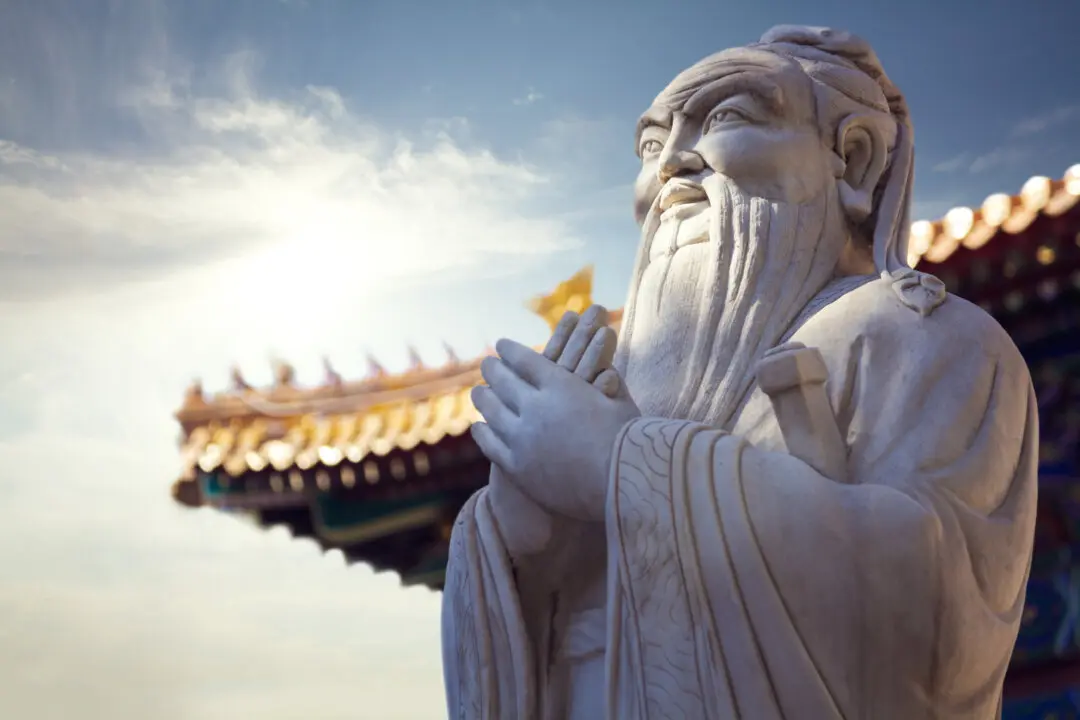A Chinese blogger known for his pro-Chinese Communist Party (CCP) and anti-America rhetoric was banned on Chinese social media on Aug. 20.
Sima Nan, whose real name is Yu Li, rose to fame for criticizing the United States. His outrageous rhetoric has won him the online title “anti-American warrior” and over 30 million followers on Weibo, Douyin (China’s version of TikTok), Toutiao, and other online platforms.





